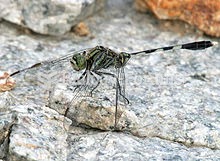|
|
|
Did you know?
In 2010, opiate painkllers, such as morphine, OxyContin®, and Vicodin®, were tied to almost 60% of drug overdose deaths.
Did you know?
Approximately 500,000 babies are born each year in the United States to teenage mothers.
Did you know?
The average office desk has 400 times more bacteria on it than a toilet.
Did you know?
Sperm cells are so tiny that 400 to 500 million (400,000,000–500,000,000) of them fit onto 1 tsp.
Did you know?
Earwax has antimicrobial properties that reduce the viability of bacteria and fungus in the human ear.







